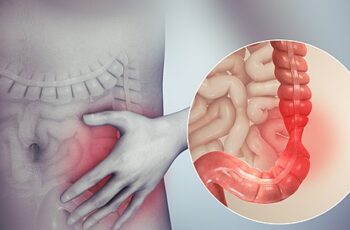Thumbnail Image Nature Island, CC BY-SA 4.0 https://creativecommons.org/licenses/by-sa/4.0, via Wikimedia Commons
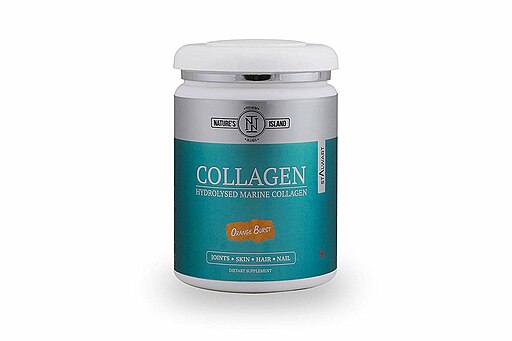
Natural Foods That Boost Collagen Production: A Comprehensive Guide
In the quest for youthful skin and overall health, collagen has become a buzzword. This essential protein, which provides structure, suppleness, and elasticity to our skin, tends to diminish as we age. While supplements are popular, many experts advocate for a food-first approach to boost collagen levels naturally. Here’s a look at some of the best natural foods that can help your body produce more collagen.
1. Bone Broth
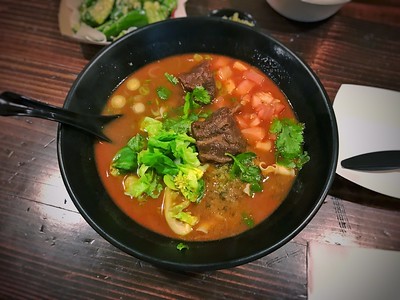
“Beef Noodle Soup: Flat noodles, spicy bone marrow broth, five-spiced beef shank, Taiwanese napa, pickled vegetables, scallions” by T.Tseng is licensed under CC BY 2.0.
Bone broth is often hailed as a collagen powerhouse. Made by simmering animal bones, this nutrient-rich broth contains collagen, calcium, magnesium, and other essential minerals. While the collagen content can vary, making your own bone broth ensures you get a high-quality source.
2. Chicken
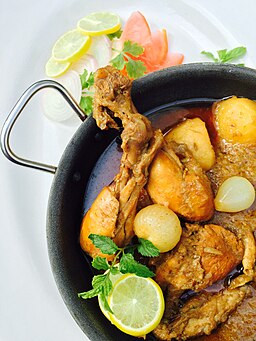
Shukanto Das, CC BY-SA 4.0,
Chicken, particularly with the skin on, is a rich source of collagen. Many collagen supplements are derived from chicken due to its high collagen content. Including chicken in your diet can help support your body’s collagen production.
3. Fish
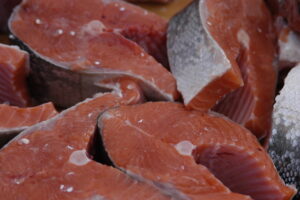
Andrea Pokrzywinski CC BY 2.0
Fish, especially those with the skin on, are excellent sources of collagen. The bones, skin, and ligaments of fish contain collagen, making them a valuable addition to a collagen-boosting diet.
4. Egg Whites
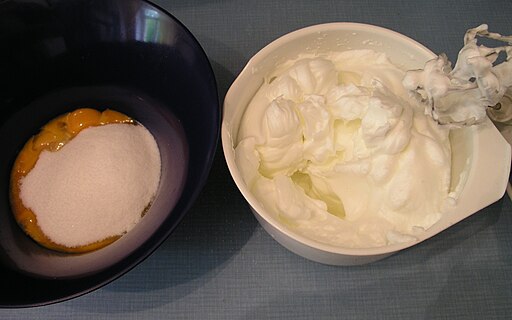
Nillerdk, CC BY 3.0
Egg whites are packed with proline, an amino acid that plays a significant role in collagen synthesis. Incorporating egg whites into your meals can support your body’s natural collagen production.
5. Citrus Fruits
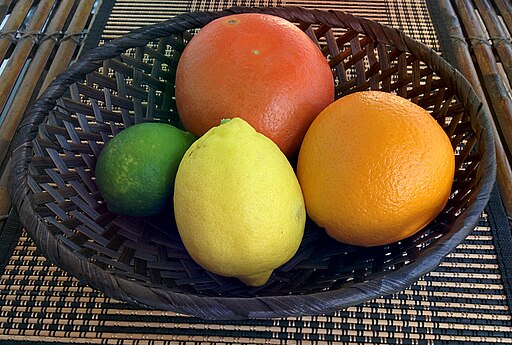
Susan Slater, CC BY-SA 4.0
Vitamin C is crucial for collagen synthesis, and citrus fruits like oranges, lemons, and grapefruits are rich in this vitamin. Consuming these fruits can help your body produce more collagen.
6. Berries
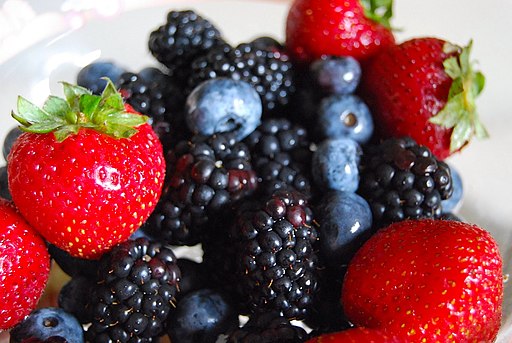
Janine from Mililani, Hawaii, United States, CC BY 2.0, via Wikimedia Commons
Berries such as strawberries, blueberries, and raspberries are not only delicious but also high in antioxidants and vitamin C, both of which are essential for collagen production.
7. Tropical Fruits
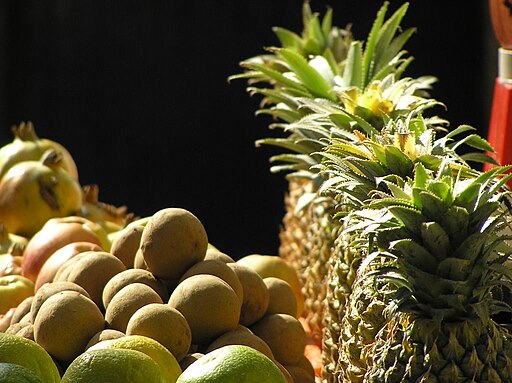
Atrocious, CC BY-SA 3.0 https://creativecommons.org/licenses/by-sa/3.0, via Wikimedia Commons
Tropical fruits like mango, kiwi, pineapple, and guava are excellent sources of vitamin C and other nutrients that support collagen synthesis. Adding these fruits to your diet can help boost your collagen levels1.
8. Garlic
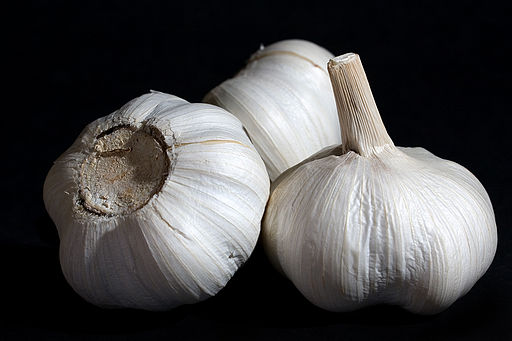
JJ Harrison (https://www.jjharrison.com.au/), CC BY-SA 3.0 https://creativecommons.org/licenses/by-sa/3.0, via Wikimedia Commons
Garlic contains sulfur, which is necessary for collagen production. It also provides taurine and lipoic acid, which help rebuild damaged collagen fibers.
9. Leafy Greens
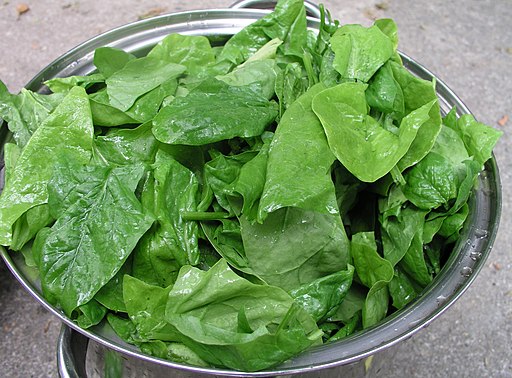
Nillerdk, CC BY 3.0 https://creativecommons.org/licenses/by/3.0, via Wikimedia Commons
Leafy greens such as spinach, kale, and Swiss chard are rich in vitamin C and other antioxidants that protect against collagen breakdown and support its production.
10. Beans
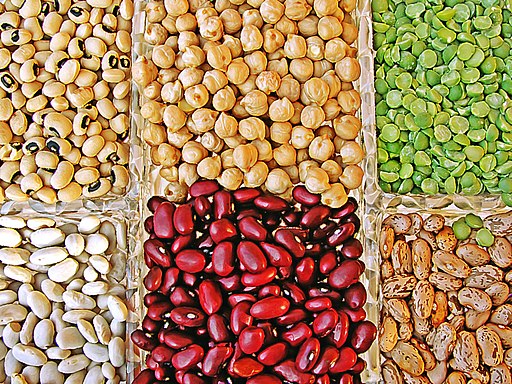
821292, CC0, via Wikimedia Commons
Beans are a good source of protein and contain amino acids necessary for collagen synthesis. They also provide copper, another nutrient that supports collagen production.
11. Nuts and Seeds
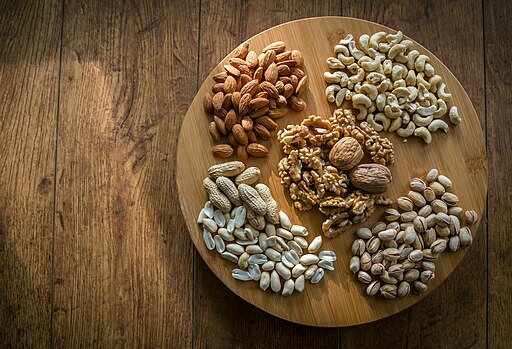
piviso.com, CC0, via Wikimedia Commons
Nuts and seeds, including almonds, walnuts, and chia seeds, are rich in zinc and copper, both of which are essential for collagen production. They also provide healthy fats that support skin health.
12. Tomatoes
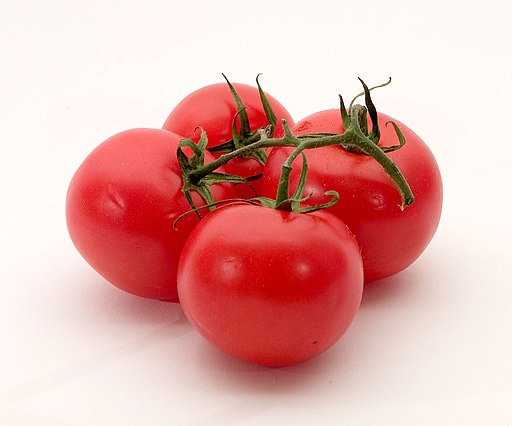
Softeis, CC BY-SA 3.0 http://creativecommons.org/licenses/by-sa/3.0/, via Wikimedia Commons
Tomatoes are high in vitamin C and contain lycopene, an antioxidant that protects the skin from damage and supports collagen production.
13. Bell Peppers
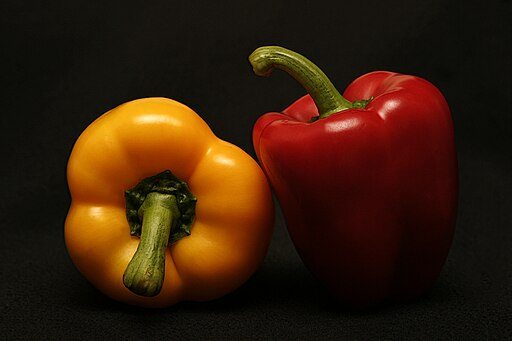
Paul Morley mobography, CC0, via Wikimedia Commons
Bell peppers, especially the red variety, are rich in vitamin C and antioxidants that help boost collagen production and protect against skin aging.
Conclusion
Incorporating these natural foods into your diet can help support your body’s collagen production, leading to healthier skin, joints, and overall well-being. While supplements are available, a food-first approach ensures you get a variety of nutrients that work together to boost collagen levels naturally.
By focusing on a balanced diet rich in these collagen-boosting foods, you can take a proactive step towards maintaining youthful skin and overall health.


